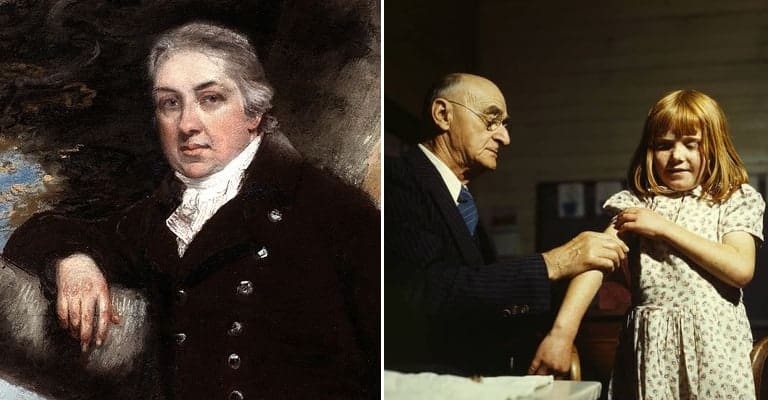It’s been said that the fluttering of a butterfly’s wings can cause a hurricane thousands of miles away. Thus an insignificant creature can cause changes to the lives of thousands, if not hundreds of thousands of people, while remaining completely unknown. Whether one subscribes to the chaos theory which claims such a relation of cause and effect is immaterial, the effect either exists or it does not, with belief in it not a factor. The same is true of history, thousands of people changed the world forever, in many ways, though they remain mostly unknown, despite their lives and work affecting the world every day. Here are forty people who changed history, and how they did so.

1. Nicolas Appert still affects the way people eat
Nicolas Appert was a confectioner in Paris when he learned of a reward offered by the Emperor Napoleon, to be given to whomever developed a workable method of preserving food for his armies. Appert had noticed that food prepared in sealed jars did not spoil. While he never ascertained the science behind the phenomena (Pasteur did decades later) the Frenchman established the House of Appert, the world’s first food canning factory, and published his technique in 1810. Because French tin was of low quality, Appert canned his products in glass jars, which remains the favored process for home canners around the world 200 years later.

